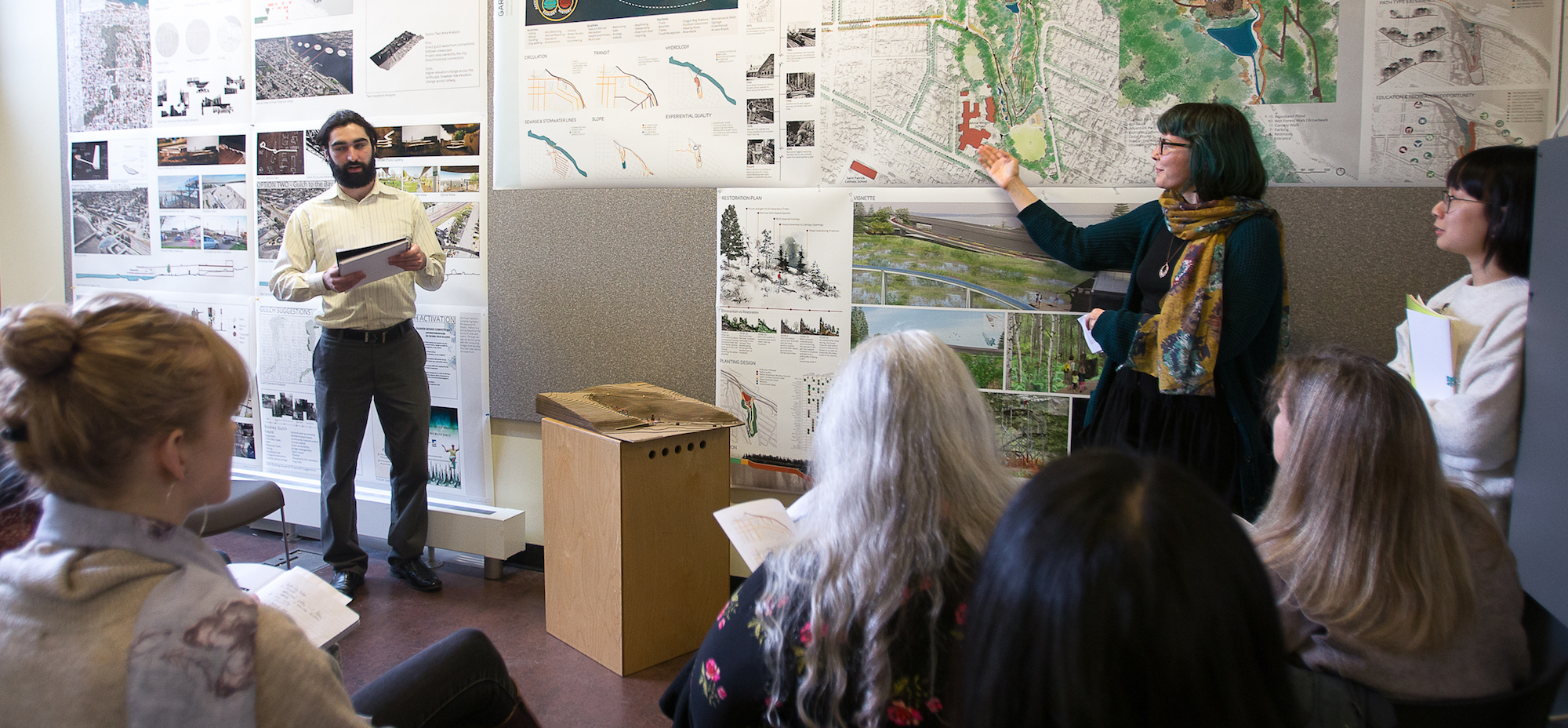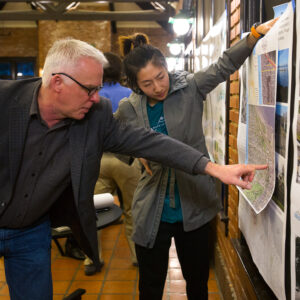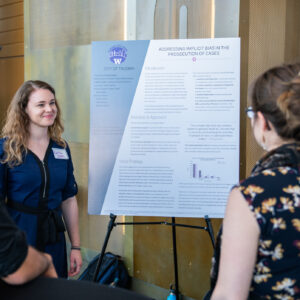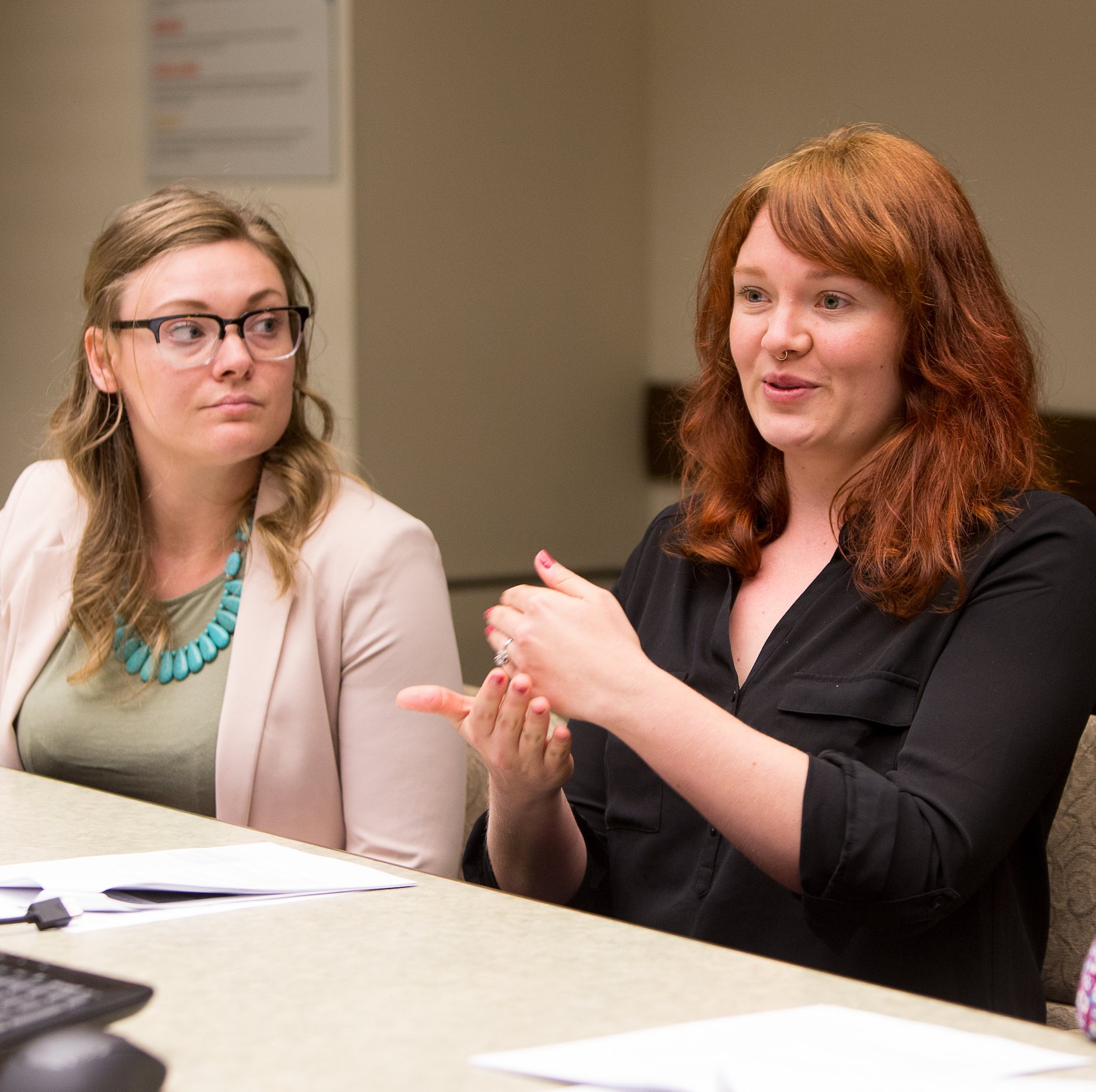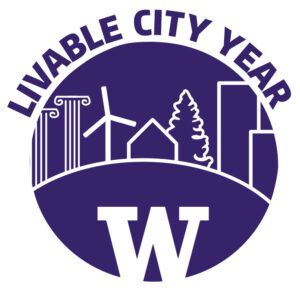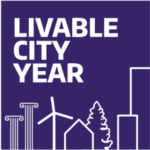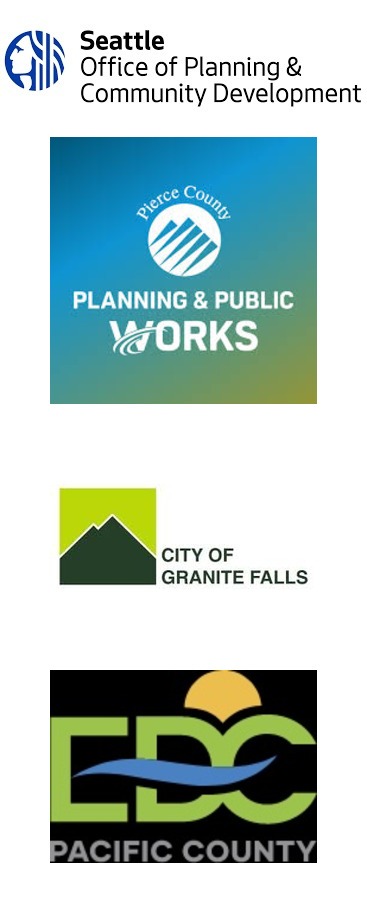Cultivating Communities, Empowering Futures: UW’s Commitment to Washington’s Growth
Livable City Year, a not-for-profit initiative of the University of Washington, engages UW faculty and students across multiple disciplines to work on high-priority projects identified by our community partners. We work with communities of all sizes and budgets, and our partnerships can have a broad range of timelines and scopes based on partner needs. Students benefit by tackling real-world challenges. Partner communities benefit from bold and applied ideas that stimulate fresh thinking and support municipal staff.
The LCY program is partnering with the City of Granite Falls and the Pacific County Economic Development Council during the 2024–2025 academic year. Projects are helping communities increase community vitality, economic prosperity, environmental quality, and social fairness.
The program has the capacity to partner with more communities in 2025–2026. Please contact us at uwlcy@uw.edu to explore further.
We appreciate the opportunity to have worked with the following communities:
- 2025–2026: Pacific County, Pierce County, City of Granite Falls and City of Seattle
- 2024-2025: Pacific County, City of Granite Falls, and City of Mukilteo
- 2023–2024: Pacific County, City of Snohomish, and City of Westport
- 2022–2023: Pacific County
- 2021–2022: City of Federal Way and City of Bainbridge Island
- 2020–2021: City of Lynnwood and City of Sultan
- 2019–2020: King County and City of Sultan
- 2018–2019: City of Bellevue
- 2017–2018: City of Tacoma
- 2016–2017: City of Auburn

Livable City Year is a member of the Educational Partnerships for Innovation in Communities Network (EPIC-N), an international network of more than 70 educational institutions partnering with local governments and communities to improve quality of life and social wealth for all involved.
For more information on how schools in the EPIC network impact communities and students, watch this video:
Learn more about the EPIC-Network

This badge indicates the LCY program is a certified member of the EPIC-Network. Certified members of the EPIC-Network follow the 5 tenets of the EPIC Model:
1. Creates a sustaining partnership with local governments (or community organizations) and university entities
2. Focuses on improving quality of life
3. Respects and works within existing administrative structures and/or individual responsibilities of all partners
4. Facilitates community-identified and community-driven activities, and encourages community evaluation of contributions
5. Uses multi-disciplinary approaches to respond to community-identified opportunities, and catalyzes large numbers of contact hours (courses, students, time in community)
